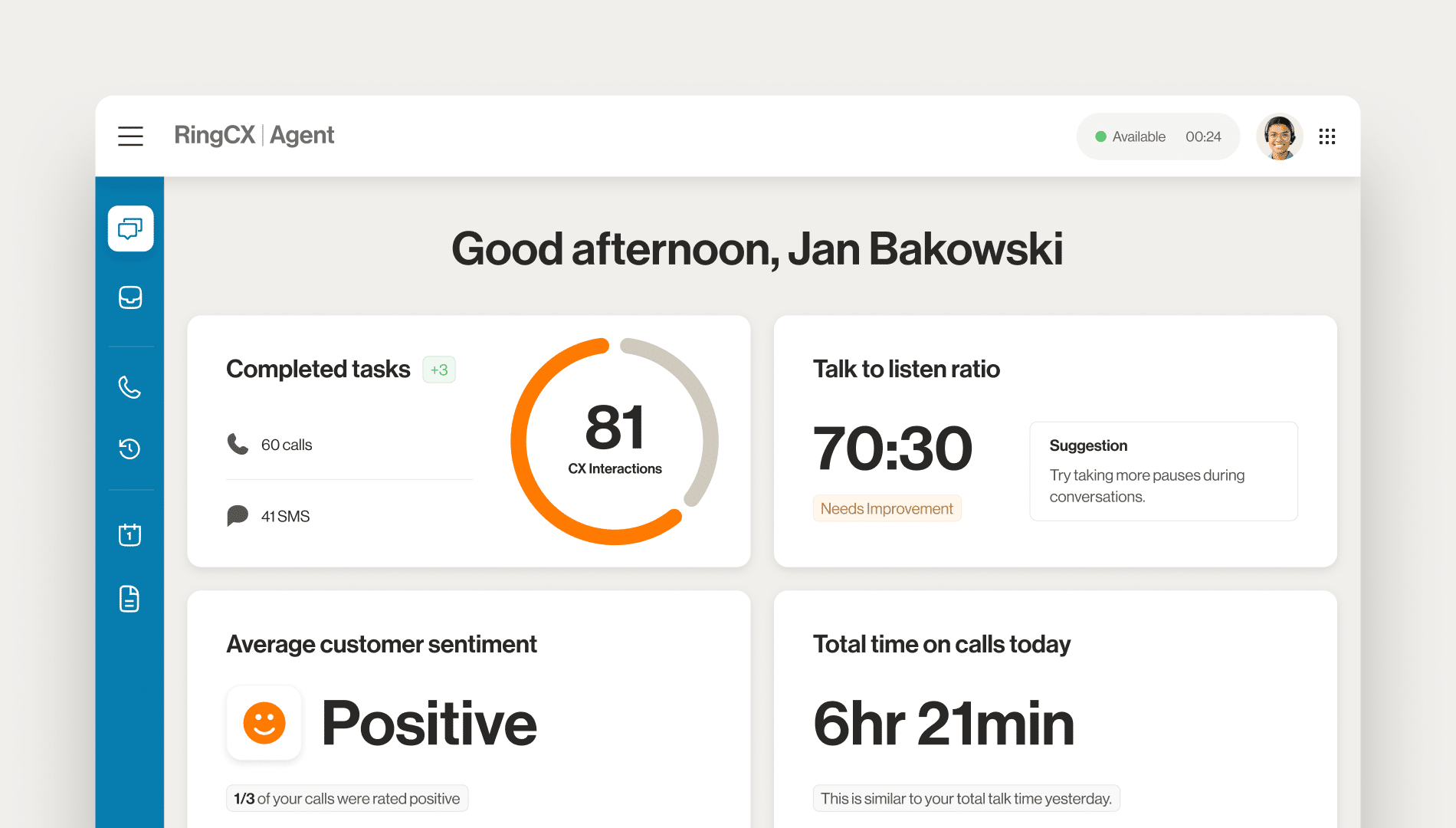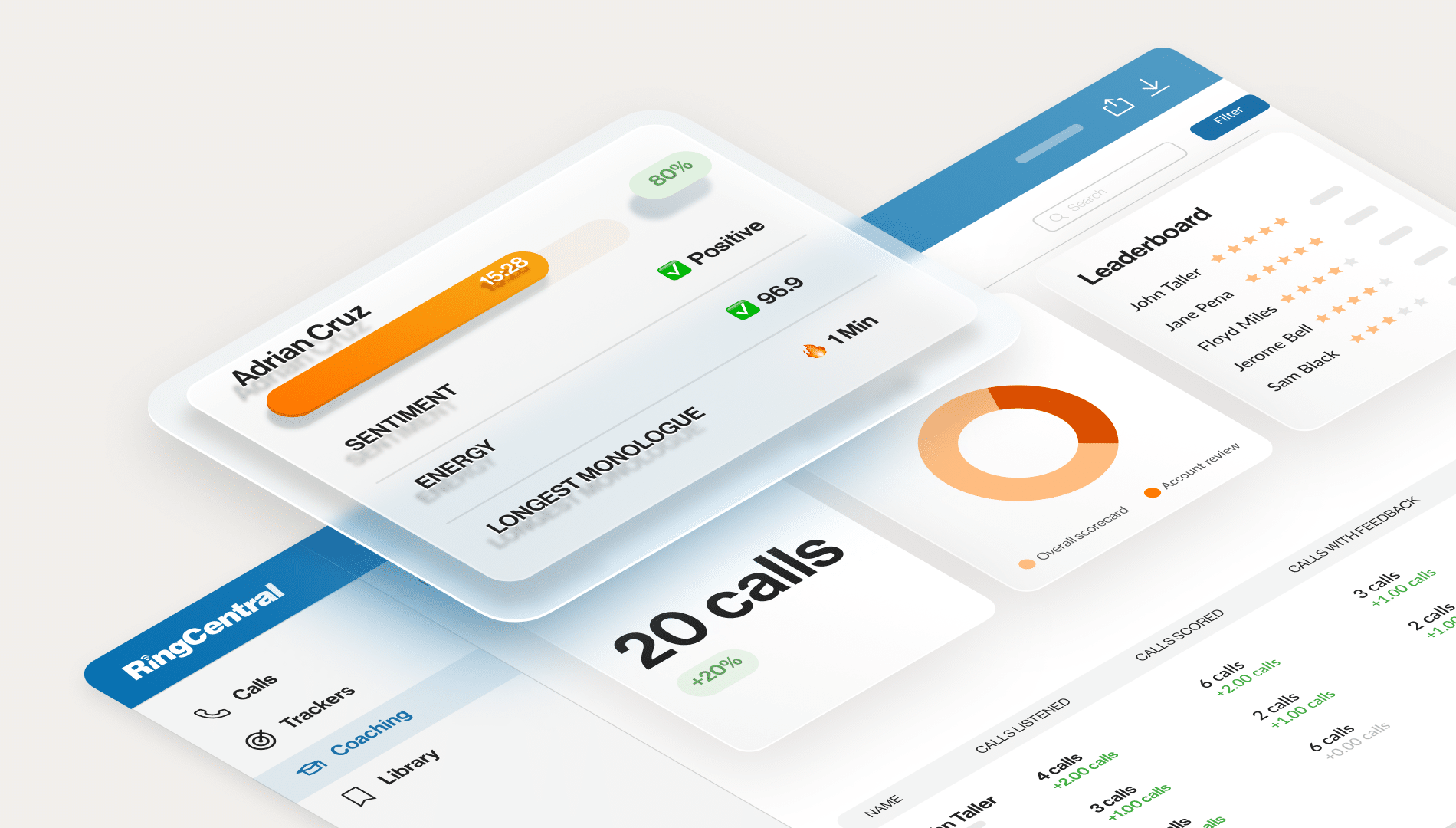The rise of generative artificial intelligence (AI) and its uses in business environments have been game-changing, and we’re still very much in the early adopter phase. While AI does have general purpose applications that any business can use, initial adoption will more likely be based on more specific use cases where the benefits and ROI are easier to assess.
Not only will use cases vary by industry vertical, but also within an organization. Each line of business will have distinct needs where AI can provide value, especially where workflows and processes are mostly manual, with many repetitive tasks. Aside from internal applications, there are also compelling AI applications for external interactions, most notably with customers, suppliers and partners. With that in mind, let’s explore some prominent uses for AI technology that can apply across different areas of a business.
Collaboration
One common use for AI is improving collaboration for employees, teams, and organizations. Communication and collaboration platforms use AI to transcribe meetings and generate automatic call summaries, allowing participants to focus more on the call and less on copying down what people are saying. The meeting summaries can include highlights, action items, questions, and similar notes, helping everyone stay up-to-date on their tasks and keeping team members on the same page.
During the meetings, transcriptions can also take the form of real-time captions or even live translations, which are particularly helpful for users with impaired hearing or when there are language barriers to consider.
Generative AI is also being used for tasks like drafting and proofreading content. Many of today’s AI-based tools can be given a prompt to create an email or presentation, then create a draft using the information it’s given. Users can manually edit so the content passes AI detection or request revisions like “keep it under 500 words,” which the AI will automatically carry out. These features have proven very helpful for improving productivity and freeing up time for higher-value forms of work.
Another form of collaboration would be in the sales arena, where there are often many helping hands along the way, all of which are focused on a singular outcome that is of paramount importance to the business – driving revenue. Whether closing a sales deal with an existing customer, or converting a prospect into a new customer, the process needs to be seamless, and is an ideal use case for AI.
Sales intelligence takes many forms, including both fact-based information for making rational decisions, and human sentiment that reflects the emotional state of the buyer. AI captures and processes all this shared intelligence across the entire sales cycle, providing the right inputs at the right time to make sales teams more effective. Not only does this help close more deals in less time, but AI can identify best practices from top performers to better coach and train new members on the team.

Customer Service
One of the most popular uses for AI technology is in customer service. Generative AI and other AI-powered tools that rely on natural language processing have proven to be exceptionally useful for helping customers before they even need to speak to an agent, as well as assisting agents before, during, and after a call.
AI technology for customer support often begins with improving chatbots, as businesses can use generative AI to build more complex chatbots that can create natural-sounding text responses to perform tasks and assist customers better (rather than following predefined menus). This helps reduce agents’ workloads by providing more effective self-service options to customers, thus freeing up the agent for more complex requests.
AI tools can also help contact center agents during calls by proactively providing information to the agent in real-time. This includes identifying key phrases during calls to proactively provide the agent with relevant information and suggestions, offering guidance and coaching, and customer sentiment analysis.
After the call, AI-powered solutions can provide new customer insights. AI technology can analyze countless hours of call data to discover new trends, recurring questions, and customer sentiment, which would otherwise be hidden and inaccessible. Organizations can use those insights to improve agent training, provide better customer service, and even improve problem-solving systems before an issue arises.
Aside from making chatbots more effective for customer service, AI can extract shared intelligence across all your self-service interactions – regardless of channel — to make agents more effective as well. As customer preference for self-service grows, AI is the only way to leverage those interactions, which would otherwise not be accessible to agents.
With this AI use case, agents become empowered by having a more complete picture of what customers are experiencing. The net result will be deeper engagement that takes into account the learning from self-service, along with what agents know from their direct customer interactions. When the customer gets the best of both worlds – a good self-service experience, and richer agent interaction, their satisfaction levels are bound to improve, plus agents will get a boost in their personal productivity.

Marketing
Marketing is another area that significantly benefits from AI—not by creating ads and emails, but by analyzing vast amounts of customer data to identify trends and behavior so that companies can optimize their marketing campaigns.
AI-powered marketing solutions can quickly analyze data and find new insights. Marketing teams can use those insights to create new ways of improving customer engagement, adjust their messaging, and take advantage of new trends as they emerge. Generative AI can also be used to help create personalized messages (although nothing should be sent to a customer without first being checked by a human supervisor).
Multimodal conversation intelligence solutions (like RingCentral’s RingSense AI) can draw marketing data from across multiple channels, including social media, emails, chat, and more. This wide breadth of knowledge is key to gaining a holistic overview of customer sentiment, which helps marketing teams create effective campaigns based on what customers are really saying and track deals throughout the pipeline. AI-powered solutions can also quickly analyze the effectiveness of marketing campaigns, identifying what channels are working best, what messages are resonating with customers, and what can help drive growth.

Data Security
One of AI’s strengths is the ability to analyze and sort through a vast amount of data, which has proven very useful for data security. AI-powered security tools can quickly identify threats, such as unauthorized access attempts, malware, or even potential phishing scams, enabling teams to respond quickly.
AI is also helpful for identifying cybersecurity weaknesses, such as security flaws in updates or new systems. Should the worst happen, AI-powered security tools can provide detailed incident response and security alerts, as well as recommendations and reports regarding any breaches.
Good AI-powered security should work alongside cybersecurity teams, providing analytics and proactive responses to potential threats so that the teams can stay on top of any looming dangers. This enables faster and more efficient responses, helping teams keep important data even more secure.
What’s Best for Your Business?
The AI technology your organization needs will depend greatly on your industry and specific challenges. Customer service centers have vastly different use cases from cybersecurity teams or marketing organizations, which means the tools and features that benefit one might not help another. However, there are still some AI features that see nearly universal use, especially where communication and collaboration are concerned.
AI has significant potential to improve daily work and efficiency, but it still needs to be used properly. AI works best when it’s used to help employees, rather than just deployed without a clear goal in mind simply because everyone else is using it.
As such, when you’re looking at AI-powered platforms, be sure to consider your needs and what features will be most helpful to your teams. From there, you’ll be able to find the best AI tools that align with your use cases and can help your business gain the most benefits.
To learn more, read our paper, Navigating AI With RingCentral.
Originally published Jun 12, 2024, updated Nov 12, 2024











